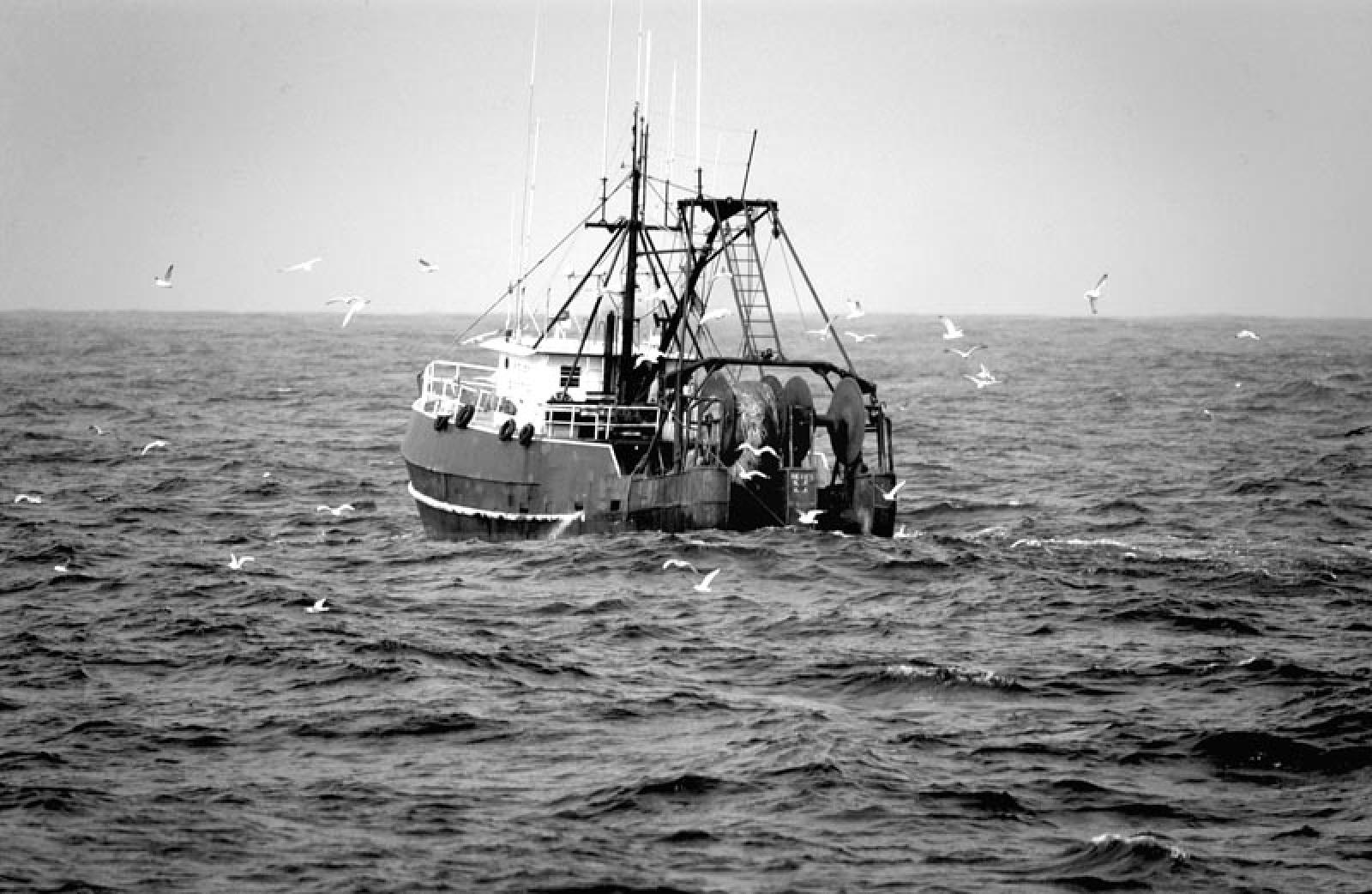It is indeed bad news to see that cod, once the most abundant fish in our waters, continues to have a hard time. Despite huge efforts on the part of fishermen and scientists to come up with a mix of fishing and conservation, the stocks continue to have problems recovering from historically-low numbers.
Cod is known to be the fish that built this country. Magazine articles and books were written about the contribution this fish has made to our rich history. Cape Cod got its name from the abundance of this fish. There are few other places in the country that have been named after so valuable a resource.
But for over 30 years, fishermen have been restrained from catching this once valuable fish. In 1992, the Canadian government imposed a moratorium on the catching of Northern cod after both fishermen and scientists watched the stocks drop precipitously. Before that, the thought of having no cod was inconceivable. Still, many thought it was only a temporary drastic measure, that the fish would come back if left alone.
Today, the region is still waiting for the fish to recover. Though there is evidence that the stocks may be coming back, two decades is a long time to wait for a moratorium to have an impact.
If anyone had told the Canadian fisherman in 1970 that their most bountiful resource, a fish that everyone ate, was going to collapse, they would have been accused of being mad, crazy or out of touch. Fishing boats came from all over the Atlantic to feast on the Northern cod. In one year in the 1970s, fishermen landed 800,000 tons. Twenty years later, the fishermen landed zero.
A Greenpeace article that appears on the web says: “The Canadian calamity . . . demonstrates that we now have the technological capability to find and annihilate every commercial fish stock, in any ocean and sea, and do irreparable damage to entire ecosystems in the process.”
The Canadian experience has obvious implications for the United States, particularly New England, which is undergoing its own crisis in plummeting groundfish populations, including the fragile cod.
This past week, scientists concerned with the health of cod warned fisheries managers at the New England Fishery Management Council that cuts of more than 70 per cent in fishing effort are needed in 2013 to protect the fish from overfishing in the Gulf of Maine and on Georges Bank, where catches already have been limited for decades.
This is not a moratorium, but it doesn’t fall short by much.
No one wants a moratorium for cod. We still eat cod. We still enjoy the benefits of a resource that is still considered local.
Knowing that the ultimate means of protecting a resource, a moratorium, looms on the horizon, suggests that fisheries managers may have waited too long to take action. Drawing on the Canadian experience, it seems logical to conclude that imposing a moratorium will have no positive impact for years to come.
Fisheries management is more than just telling fishermen that they have to cut their fishing effort to protect a resource. It is more than looking at the numbers provided by scientists who calculate the abundance of fish in the ocean. Fisheries management has to include an understanding of numbers that can’t be seen and science beyond reach, that also says that once the scale has tipped too far, recovery is beyond reach, or possibly will take a generation of New England fishermen.
The relationships fish have with the ocean are far more complex. Something huge is preventing the Northern cod from rebounding, even though they’ve been left alone. It may be the abundance of bait, other predators, an unmeasurable bycatch, water temperature, the environment — factors that are individually small, but collectively huge enough to prevent the fish from coming back quickly.
Today, in the Gulf of Maine and on Georges Bank, local fishermen have already trimmed their fishing efforts and are leaving huge areas of the ocean alone so that the cod might recover.
Let us hope we don’t have to institute our own moratorium.
We need to explore and investigate other measures that might be taken.
The conversation needs to be not only about building and sustaining the resource for the fishermen, but about the principal relationship these fish have with their environment. And that needs to be protected.
Striped Bass Season Ends
The commercial striped bass season closed Thursday after only 16 fishing days, making it the shortest striped bass fishing season on record. It also means local restaurants and fish markets will either run out soon or will be selling fish caught out of state.
The Massachusetts Division of Marine Fisheries made the closure after estimating that the state’s commercial 1,057,783 pound quota for the year had been taken. The season began on July 12.
The recreational striped bass season remains open.
Alec Gale of Menemsha Fish House has been buying striped bass from local fishermen, but the anglers haven’t been catching and selling as much in these waters. Many of the fish, like last year, are being caught commercially off Chatham, Mr. Gale said. “What is too bad is that the local fishermen aren’t getting them here. The fish have moved,” he said.
Jeffrey Maida, of the Net Result fish market in Vineyard Haven, said he is surprised that the season is closing so quickly. But of the short season, Mr. Maida said: “We moved a lot [of fish].”
The 16-day commercial season is the shortest since the state began quota management of striped bass in 1990.
Dan McKiernan, deputy director of the state Division of Marine Fisheries, said that the state’s fishing quota has remained unchanged since 2003, minus averages from previous years. Next year’s quota will be the same. “The condensed 2012 season is suggestive of a high harvest rate, similar to that in 2011,” Mr. McKiernan said. The main reason is that most of the fish were off Cape Cod and accessible.
There is another reason. Mr. McKiernan said that fish born in 2003—which dominated this year’s harvest— are mostly in the 36- to 37-inch range. “With lower estimates of juvenile production since the 2003 year class, its projected that Massachusetts harvest rates will decline as the 2003 year class declines with its age,” Mr. McKiernan said.
That means it is not going to be this easy for commercial anglers to land big fish in the years ahead.






Comments
Comment policy »